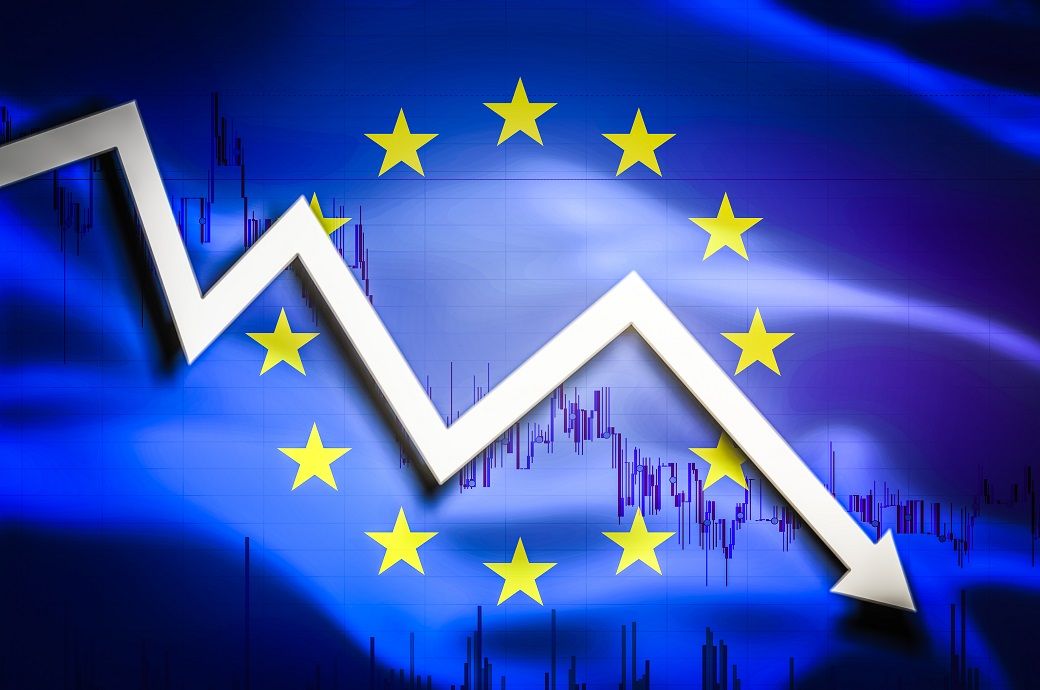
The rebalancing of the gas market has also reduced the risk of energy rationing and governments have provided significant fiscal support, they say.
They forecast that the Euro area economy will contract by only 0.7 per cent from the fourth quarter (Q4) 2022 to Q2 2023 (versus 1.1 per cent before).
Europe’s gas supply situation remains fragile, fiscal policy will probably slow growth in 2023-24 as the energy support winds down, and the gas crisis is likely to leave substantial supply-side damage, they say.
Goldmans Sachs Research, therefore, foresees a muted recovery. We now look for area-wide growth of -0.1 per cent for 2023 and 1.4 per cent for 2024, close to consensus over the next two quarters, but slightly below for the remainder of 2023 and early 2024.
It expects Germany and Italy to be more affected by the energy crisis than France and Spain. Rising sovereign yields, high debt and weak growth leave Italy’s new government on a narrow fiscal path, highlighting medium-run fiscal vulnerabilities.
It expects euro area inflation to peak in December given continued energy pass-through and strong underlying momentum. Core inflation is likely to ease gradually over 2023 as goods price inflation cools.
While data revisions now suggest a slightly smaller UK contraction in the second half this year, the company continues to look for a deeper recession in the UK than in the euro area given weak momentum, less fiscal support and supply-side constraints.
ALCHEMPro News Desk (DS)
Receive daily prices and market insights straight to your inbox. Subscribe to AlchemPro Weekly!